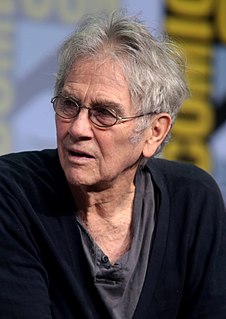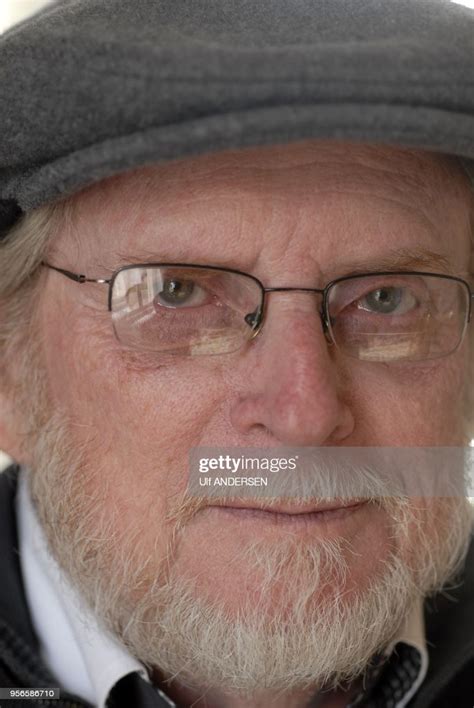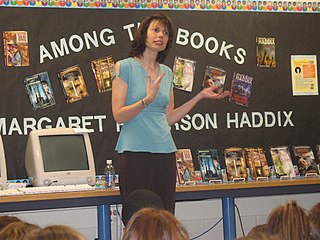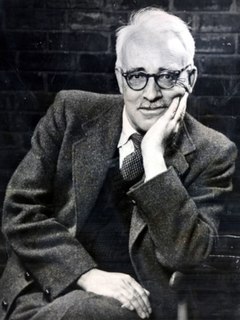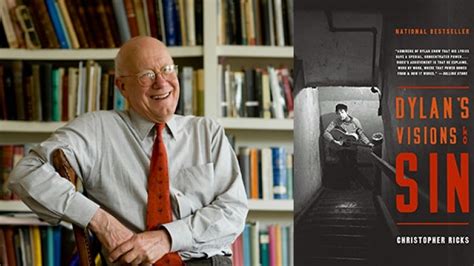A Quote by Hampton Fancher
I guess the freedom - poetic freedom - because the poetic part of short story form is an attempt to say something that's unsayable about one's incarcerated existence, and it's fun to come up with words to represent that condition, and it's fun to pull the tail of absurdity and rile it up, where you giggle at what you do or you get enthralled and in the short story.
Related Quotes
I decided to make myself a little less precious with my storytelling. I think you can see from the first three pieces in the book that I have a long term relationship with the short story as a form and I really love an elegantly crafted story that has several elements that come together in a way that is emotionally complex and different from when we started. That kind of crystalline, perfect, idealized thing that the short story as a genre has come to represent.
These short stories are vast structures existing mostly in the subconscious of our cultural history. They will live with the reader long after the words have been translated into ideas and dreams. That's because a good short story crosses the borders of our nations and our prejudices and our beliefs. A good short story asks a question that can't be answered in simple terms. And even if we come up with some understanding, years later, while glancing out of a window, the story still has the potential to return, to alter right there in our mind and change everything.
The only real reason for self-referencing is the fun factor. It's fun for the writer, getting little peeks at what old characters might be up to. And it's fun for readers to spot a familiar face, or pick up on a made-up book title or something from an earlier story. I don't know that it does -- or even should -- contribute to the story in hand being any better than it would have been without it.
A form wherein we can enjoy simultaneously what is best in both the novel and the short story form. My plan was to create a book that affords readers some of the novel's long-form pleasures but that also contains the short story's ability to capture what is so difficult about being human - the brevity of our moments, their cruel irrevocability.
I regret that there aren't more short stories in other magazines. But in a certain way, I think the disappearance of the short-story template from everyone's head can be freeing. Partly because there's no mass market for stories, the form is up for grabs. It can be many, many things. So the anthology is very much intended for students, but I think we're all in the position of writing students now. Very few people are going around with a day-to-day engagement with the short story.
The hippies had in mind something that they wanted, and were calling it freedom, but in the final analysis freedom is a purely negative goal. It just says something is bad. Hippies weren't really offering any alternatives other than colorful short-term ones, and some of these were looking more and more like pure degeneracy. Degeneracy can be fun but it's hard to keep up as a serious lifetime occupation.
The fabliau, then, is a short story that is a tall story. It combines a burly blurting of dirty words with a reveling in humiliations that are good unclean fun. A popular venture that is keen to paste—épater—everybody (not just the bourgeoisie), it is the art of the single entendre. Highly staged low life, it guffaws at the pious, the prudish, and the priggish. High cockalorum versus high decorum…. The introduction here, like the translator’s note, tells well the story of the comic tales, anonymous for the most part, usually two or three hundred lines long, of which about 160 exist.
